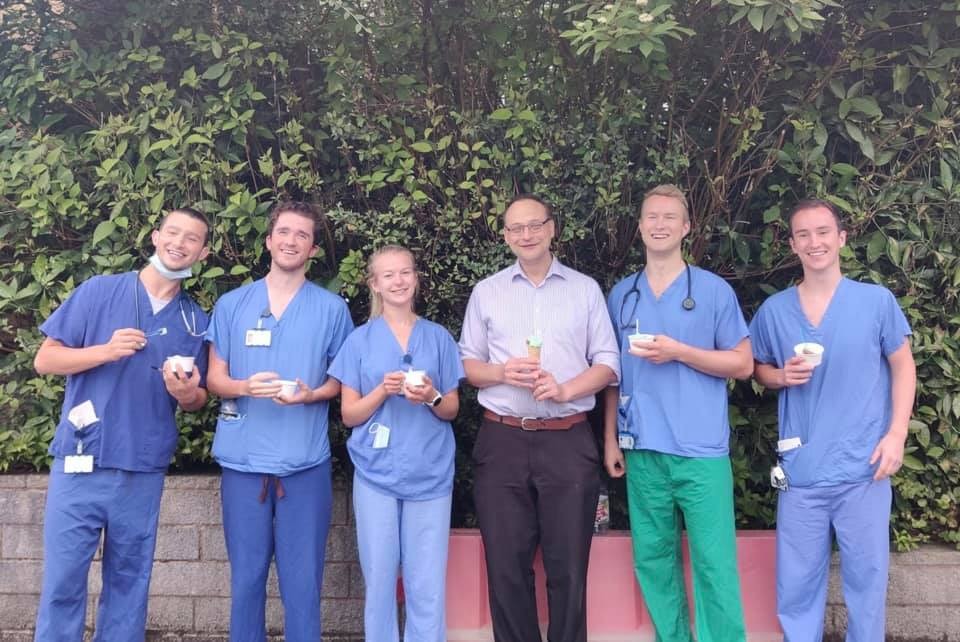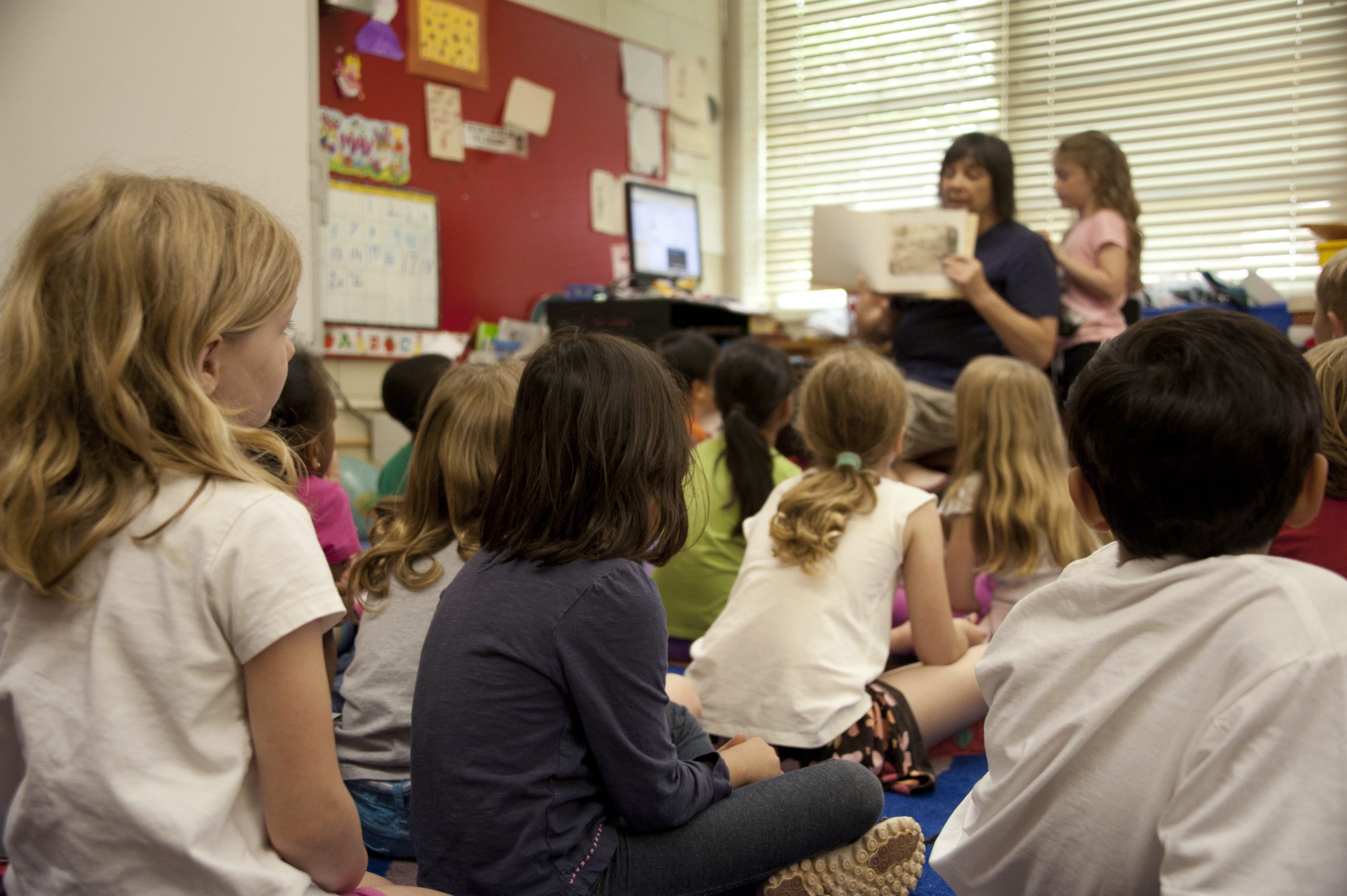In 2020, during the first wave of the Covid-19 pandemic, junior doctor Jeremy Telford was deployed to an end of life ward. After four months on the unit, he moved to another placement, but kept having PTSD flashbacks, feeling as though he was physically at the hospital even when at home.
Dr Telford later returned to the ward for an audit. “When I went back to that ward again, it hit me like a tonne of bricks, frankly. Flashbacks came back again at that point,” he said.

He is not alone in experiencing post traumatic stress disorder. Official figures from the Royal College of Psychiatrists revealed 40% of intensive care staff reported symptoms of PTSD in the first wave of the pandemic, which began at the end of March last year.
The illness is an anxiety disorder that can be caused by any distressing life event. According to the NHS, symptoms include flashbacks, insomnia, and night terrors, with many sufferers turning to drink or drugs to cope with the impact.
Statistics also predicted 230,000 new referrals for PTSD as a result of the pandemic, either directly or indirectly.
Dr Jeremy Telford speaks about reports of parties in Downing Street last Christmas
Dr Telford said the figures were “not surprising at all”.
He continued: “We need to be treated like people. Glorifying us as heroes does us absolutely no good.”
“Drinking was the only way to cope”
Last Christmas, Michael MacLennan set up the UK’s first Covid support charity, Covid Aid, after seeing how the second wave was impacting the people around him mentally and physically.
Mr MacLennan, a former trustee of international development charity Just a Drop, said: “I think, speaking now in December 2021, the need for mental support is even more pronounced.”
Covid Aid offers online bereavement counselling and support for those who were hospitalised with the virus. The charity also works with other organisations to signpost those in need of help to the right places.
The charity has directly dealt with people traumatised by various incidents during the pandemic, ranging from loss to long Covid.
On the new statistics, the charity boss said: “Sadly, the figures don’t come as a surprise but they are shocking to see.”

Bethany Van Den Berg-Slowey is now a first year Nurse Associate at the University of Sheffield
The mental impact of the pandemic has had varying impacts on the lives of NHS workers.
Bethany Van Den Berg-Slowey was a Healthcare Assistant in Sheffield throughout the first and second wave of the pandemic. She says she turned to alcohol to deal with the stress of work.
“I would be buying a bottle of wine on the way home, it was the only way to cope.
“It would be the only thing getting me through the day, thinking about having a glass of wine or two in the evening.”
Mrs Van Den Berg-Slowey would visit patients in care homes at the height of the pandemic as she was the least vulnerable of all her colleagues.
She described how every day she would have clinics of 50 patients to see, leaving her with very little time to have a conversation with some of the most isolated people at that time.
The 26-year-old said: “You’d go in and you’d have to rush to get out. Patients wanted to talk to you because they didn’t see anybody, and I haven’t got the heart not to talk to them.
“Every day we had a teary patient come in just wanting to talk. And you can’t do it because you’re pushed for time.”
Even first-year medical students are already experiencing the impacts of the pandemic on their wellbeing.

Lucy Wade in intensive care in September last year (credit: Clare Wade)
Just five days after moving to Hull to begin studying medicine, Lucy Wade was diagnosed with Covid after waking up struggling to breathe.
She spent eight days under the supervision of intensive care staff, calling the time “traumatic”.
Now, after a long recovery, Miss Wade, 19, has had to return to the same hospital where she almost lost her life in order to fulfil her training requirements. It brought back feelings of anxiety and has impacted her mental health.
“I walked in and it literally felt like I had been punched in the gut, stepping foot in the hospital.
“We also have placements on a respiratory ward where patients were gasping for breath. It would never have affected me that way before, but I am now a lot more anxious and definitely think a professional would say I suffer with PTSD.”
Lucy Wade talks about the impact on her family
Miss Wade was encouraged to attend counselling after leaving hospital, but turned down the offer, which she now regrets as she deals with Covid and healthcare every day.
Doctors experiencing trauma in the NHS have been offered support in the way of short counselling sessions and wellbeing seminars, according to Dr Telford.
But he believes this is not enough and that staff need time off to process the full effects of the pandemic on their own mental health.
The concerns for healthcare staff come after a parliamentary report in May revealed 92% of NHS Providers were worried about staff wellbeing, stress, and burnout following the pandemic.
Last year, NHS England and Improvement pledged to spend £30m on staff wellbeing services, with £15m being spent on specialist mental health services. They expect demand for similar levels of funding to be upheld for at least the next three years.
The impact of Covid has been all too real for many millions around the country already, but the lasting effects are perhaps only now coming to light.
Support for NHS staff is viewed by workers as vital. Dr Telford said that after all, “although we are strong, we are still in the shell of a human, and have to cope with every other emotion that you do”.
“Some of the experiences we’ve had during Covid in the NHS will stay with us for the rest of our lives.”
If you are struggling with your mental health, you can call the Samaritans helpline any time on 116 123.




